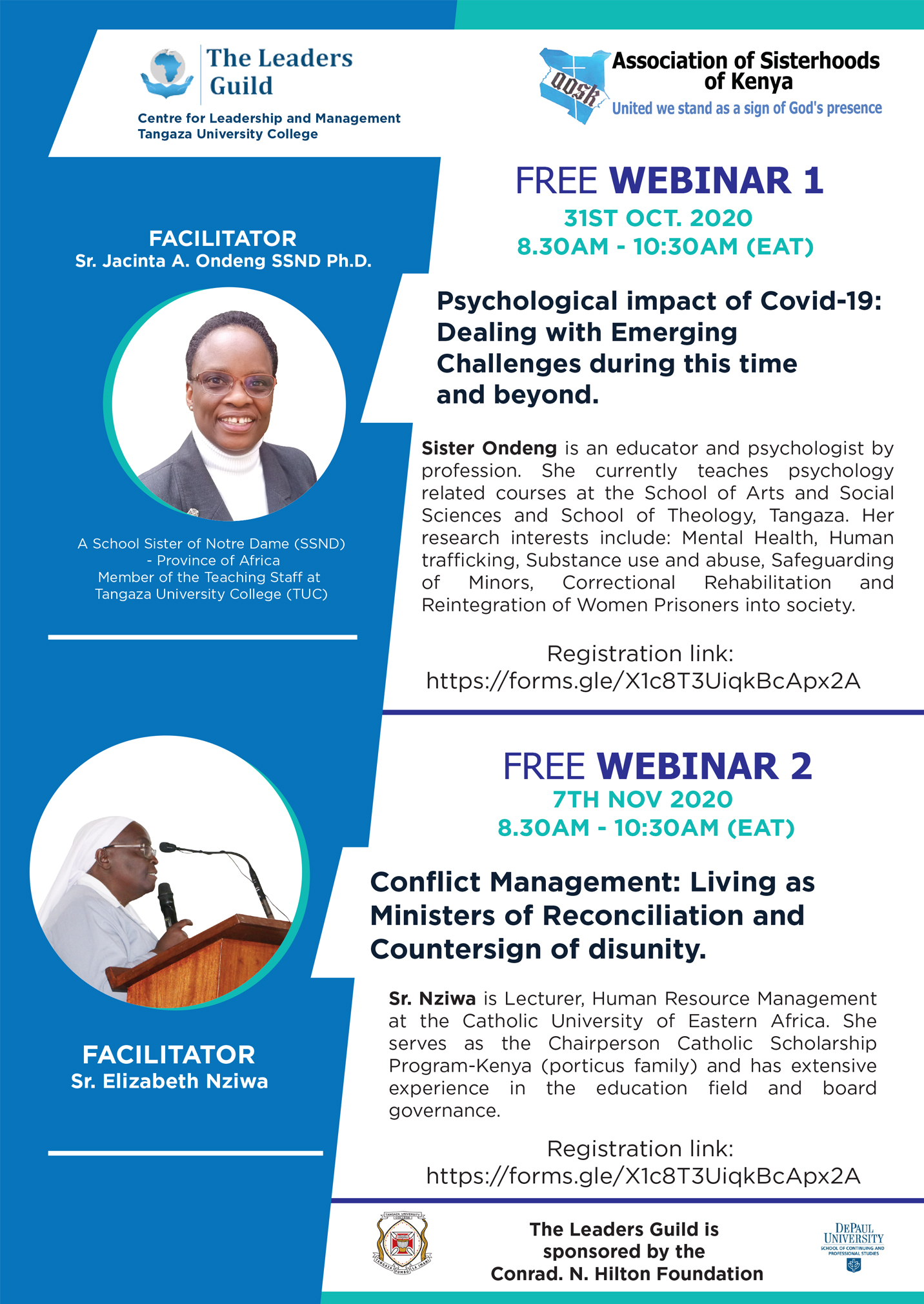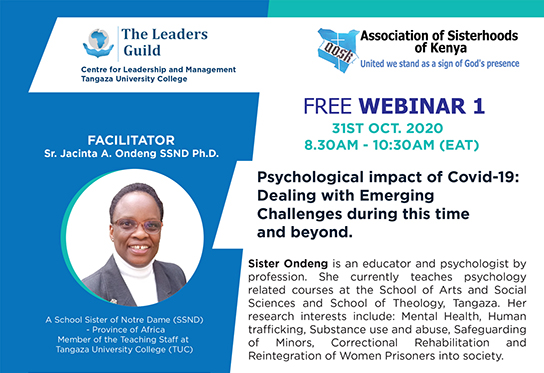The psychological reactions to COVID–19 pandemic may vary from a panic behavior to pervasive feelings of hopelessness and desperation which are associated with negative outcomes including suicidal behavior, discrimination and stigmatisation. The psychological impacts for these populations can include anxiety and feeling stressed or angry. People working from home are exposed to specific psychosocial risks, such as isolation, blurred boundaries between work and family, increased risk of domestic violence, among others. These and other psychosocial risks may arise or increase as a result of the Covid-19- crisis.
The distress of loosing the job, pay cuts, lay-offs and reduced benefits make many workers have unanswered question about their future. Job insecurity, economic loss and unemployment can have a severe impact on mental health. If all this not appropriately assessed and managed, psychosocial risks may increase stress levels and lead to physical and mental health problems. Psychological responses may include low mood, low motivation, exhaustion, anxiety, depression, burnout and suicidal thoughts when people are hit with this reality situation


